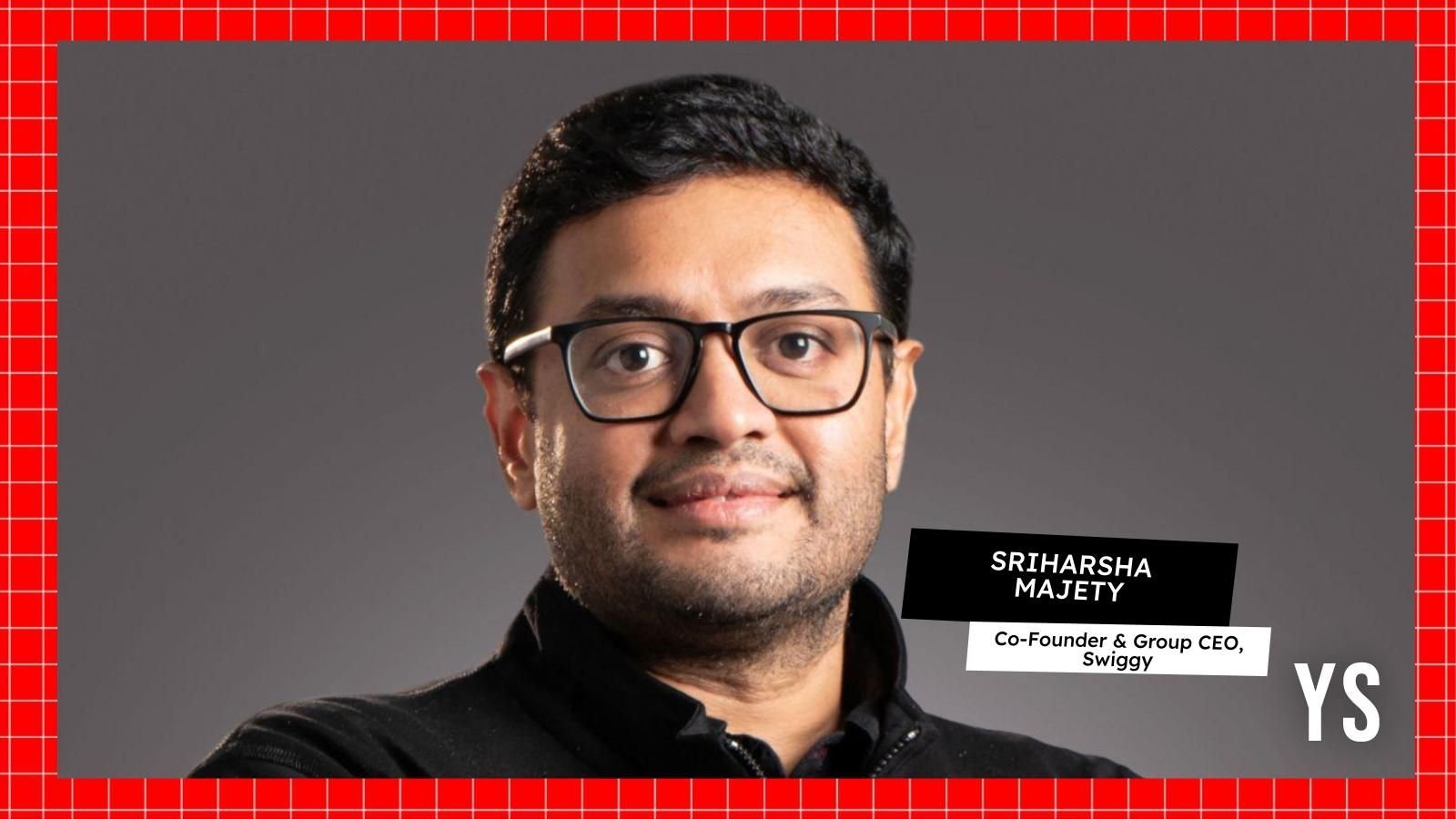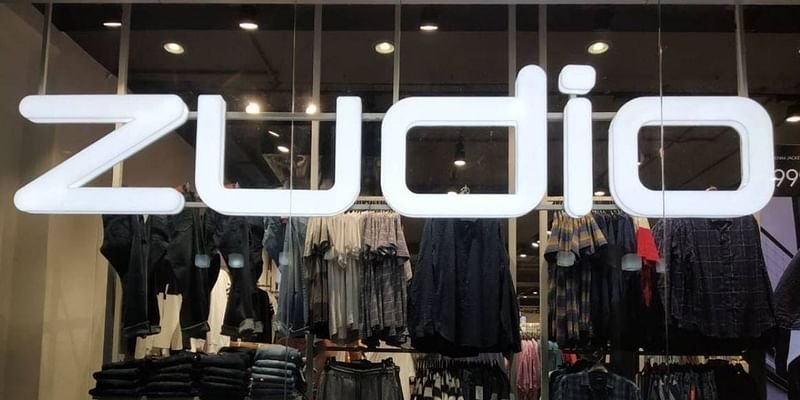Startup
India SaaS to transition to IndAI SaaS: Bessemer Venture Partners report

Around 60% of pure SaaS (software-as-a-service) companies are now transitioning into AI-enabled SaaS providers, according to the latest report by global VC firm Bessemer Venture Partners.
The venture capital firm’s flagship report, titled “The Rise of SaaS in India 2024,” outlined key predictions and trends in the SaaS market.
With more than half of companies identifying themselves as AI-enabled SaaS and 34% as native SaaS, the lines between traditional SaaS and AI-enabled software are blurring rapidly, the report said. Survey findings further revealed this transition is driven by the increasing demand for more advanced, intelligent solutions that enhance business operations and customer experiences.
“SaaS in India is transitioning to what we call IndAI SaaS. We did a survey of companies and 90% plus of them said that in the last 12 months, they have launched at least one feature using generative AI,” Anant Vidur Puri, Partner at Bessemer Venture Partners told YourStory.
“AI is the next step of software. It’s just a logical next progression. You can’t take AI out of software—it is a part of it. Hence, SaaS by itself is just software as a service. I think every SaaS company will have to figure out whether it has to be AI-native, AI-enabled, one of those two..because that’s where the world is going and your customers are going to demand that,” Puri added.
The report mainly analysed the Indian SaaS market, emphasising growth driven by rapid AI adoption, increased focus on cybersecurity, and expanding cloud usage in the BFSI and manufacturing sectors.
Moreover, the Indian startup ecosystem is set to attract $1 billion in new venture funding in 2024, a 25% increase from 2023. A significant portion of this investment is expected to target AI-focused companies with massive growth potential. In 2023 alone, Indian SaaS unicorns and centaurs collectively generated $5.9 billion in revenue.
India’s SaaS market is expected to reach $50 billion by 2030, with the possibility of exceeding this forecast due to rapid AI advancements and their integration into SaaS offerings.
“If you are a software founder today and you have to be thinking about what does AI mean for my roadmap.. in terms of a feature that my customers may want, in view of a development philosophy that my team should be using, one of those two things, at least, if not both, will need to happen,” Puri explained.
Findings revealed around 92% of early-stage software startups in India have adopted AI features by integrating machine learning, natural language processing, and analytics into their SaaS platforms, making software intuitive and capable of automating complex tasks.
India, a leader in the global services sector, is set to strengthen its position in the professional services market due to AI. Currently holding 19% of the $400 billion industry, the country is expected to grow to 28% by 2030. Bessemer attributed this growth to the increasing adoption of AI technologies.
The report further said that India’s cybersecurity sector is expected to serve both domestic and global markets.
The domestic cybersecurity market hit $6 billion in 2023, fueled by an expanding talent pool and rising investments. In addition, cyber insurance is projected to grow at 50% annually over the next five years, reaching approximately $800 million by 2030.
The study highlighted the nation’s wealth management landscape transforming due to the growth in demat accounts and assets under management (AUM). In 2023, total demat accounts hit 114 million, with AUM totalling $405 billion. Growing wealth and the financialisation of assets are also driving demand for advanced, tech-enabled wealth management solutions.
Meanwhile, the industrial sector is swiftly adopting AI and cloud technologies, spurred by manufacturing growth and global ESG regulations. Starting in 2024, over 60,000 businesses will be required to publish ESG reports, with this number expected to rise by 50% in the next 3-4 years.
The shift to cloud-based industrial SaaS solutions has supported real-time data analytics, predictive maintenance, and improved supply chain management, essential for boosting productivity and sustainability in industrial operations.
“There were 50 new companies which grew into the $5 -$10 million revenue range in the last 12 months. These two things combined is something that as an investor, I feel really excited about in software… There are a lot of companies which are growing and a lot of companies which are crossing that hundred million dollar range of revenues. So long-term—taking an eight to 10-year horizon, we are really positive on the Indian software story,” Puri said.
Startup
Swiggy IPO gets oversubscribed led by QIB bids

Foodtech giant Swiggy IPO was oversubscribed 1.07 times by Friday afternoon, the third day of its book-building process.
Qualified Institutional buyers (QIBs), which typically invest on the last day to gauge overall market demand, came through for the company’s IPO, with the portion oversubscribed 1.52 times.
According to the BSE, non-institutional investors(NIIS) made bids for 22% of the allocated issue size, while retail investors subscribed to 97% of the portion.
The Sriharsha Majety-led company saw the quota reserved for employees being subscribed 1.38 times.
On the first and second days of the book-building process, Swiggy IPO was subscribed only 35% and 12%, respectively.
Swiggy has secured nearly Rs 5,085 crore (about $605 million) from anchor investors, including the life insurance and mutual fund divisions of HDFC, ICICI, and SBI. The anchor book attracted participation from over 75 major domestic mutual funds, along with international investors such as Astrone Capital, Fidelity, and BlackRock.
The Bengaluru-headquartered company, which competes with publicly listed Zomato and General Catalyst-backed Zepto, has set its IPO price band at Rs 371 – Rs 390 per equity share.
Startup
OpenAI spent $10 million on this domain: Here’s why!

Have you checked out X (formerly Twitter) lately? If you have, you might have come across an intriguing post by Sam Altman featuring a mysterious URL called “Chat.com”, with no caption. Curious? When you click on it, you’re taken straight to OpenAI’s groundbreaking tool, ChatGPT.
OpenAI has made headlines recently with a jaw-dropping move: they reportedly shelled out over $10 million for this domain! At first glance, this looks like a steep price tag in an era where many brands are trimming their budgets to stay lean.
So, what’s the story behind this hefty domain purchase? Let’s take a closer look at this!
Why OpenAI spent millions of dollars on a domain
This strategic move is driven by OpenAI’s mission to establish itself as a dominant force in the realm of AI-powered tools, particularly through its flagship product, ChatGPT.
In the tech world where innovation reigns supreme, securing a domain that perfectly aligns with the branding and functionality of its most popular service is a given. Today, ChatGPT has rapidly become a go-to AI tool used by millions for generating images, answering questions and offering assistance with content creation and even programming.
So, OpenAI’s purchase of chat.com is not just about owning a cool web address—it’s a calculated move to enhance its digital identity and ensure that the ChatGPT experience remains tied to its brand as it expands its offerings.
The bigger picture: OpenAI and HubSpot
In a surprising turn of events, the tech world is buzzing over OpenAI’s recent million-dollar domain acquisition, leaving many to wonder about its intriguing backstory. The domain in question, chat.com, has quite the history—it was initially registered way back in September 1996.
Fast forward to 2023, and it found a new owner in Dharmesh Shah, the co-founder and CTO of the widely popular CRM platform HubSpot, who purchased it for a staggering $15.5 million! But the plot thickens!
Just a few months later, in March, Dharmesh dropped a bombshell: he sold chat.com to an anonymous buyer for an undisclosed sum, which has now been confirmed to be OpenAI. While Sam Altman has remained tight-lipped about the specifics of the acquisition, reports from The Verge suggest that Dharmesh may have pocketed more than $15 million from the sale.
This hefty investment in chat.com is more than just a flashy purchase; it’s part of OpenAI’s strategic vision. Owning a domain that’s not only memorable but also inspires trust is crucial for establishing credibility and attracting customers in this competitive landscape.
Chat.com is now ChatGPT’s new destination
Spending more than $10 million on a domain might seem extravagant, but for OpenAI, this investment is a strategic move aimed at building a more unified, and recognisable brand. With chat.com, the company positions itself at the centre of the rapidly growing AI-powered market. As OpenAI continues to innovate, this domain acquisition will likely prove to be one of the company’s most crucial investments in securing its place at the top of the AI industry.
Startup
Trent Q2 profit grows 47% to Rs 335 Cr; sales jumps 39.3%

Tata Group retail firm Trent on Thursday reported a 46.9% growth in its consolidated net profit to Rs 335.06 crore for the second quarter ended September 2024.
The company had posted a consolidated net profit of Rs 228.06 crore a year ago, according to a regulatory filing from Trent, which operates retail stores under brands like Westside, Zudio, and Star.
Its consolidated revenue from operations increased 39.37% to Rs 4,156.67 crore during the quarter under review. It was Rs 2,982.42 crore in the year-ago period, it added.
Trent’s total expenses rose 48.49% to Rs 3,743.61 crore in the September quarter.
As of September 30, Trent was operating 226 Westside, 577 Zudio and 28 stores across other lifestyle concepts, the company said in an earning statement.
“During the quarter, we opened 7 Westside and 34 Zudio stores (including 1 in Dubai) across 27 cities. We also consolidated 9 Westside and 16 Zudio stores,” it added.
Its Chairman Noel N Tata said: “Consumer sentiment has remained relatively muted. This coupled with seasonality has meant that retail businesses have faced headwinds. In the foregoing context, the team has delivered strong results across brands, concepts, categories and channels in Q2”.
Shares of Trent Ltd on Thursday settled at Rs 6,498.45 on BSE, down 6.54% from the previous close.
-

 Startup Stories1 year ago
Startup Stories1 year agoWhy Millennials, GenZs Are Riding The Investment Tech Wave In India
-

 Startup Stories1 year ago
Startup Stories1 year agoStartups That Caught Our Eyes In September 2023
-

 Startup Stories1 year ago
Startup Stories1 year agoHow Raaho Is Using Tech To Transform India’s Fragmented Commercial Trucking
-

 Startup Stories1 year ago
Startup Stories1 year agoMeet The 10 Indian Startup Gems In The Indian Jewellery Industry’s Crown
-

 Crptocurrency8 months ago
Crptocurrency8 months agoLither is Making Crypto Safe, Fun, and Profitable for Everyone!
-

 Startup Stories1 year ago
Startup Stories1 year agoHow Volt Money Is Unlocking The Value Of Mutual Funds With Secured Lending
-

 Startup Stories1 year ago
Startup Stories1 year agoWhy Moscow-Based Kladana Considers Indian SME Sector As The Next Big Market For Cloud Computing
-

 E-commerce1 year ago
E-commerce1 year agoTop Online Couponing Trends To Watch Out For In 2016




